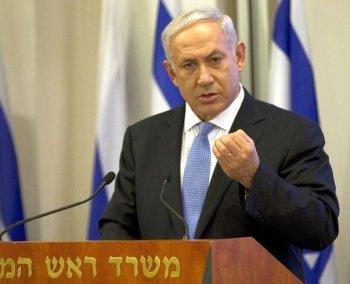TEL AVIV—The Tel Aviv District Court has ruled that six months ago, Tel Aviv University abruptly cancelled an international art exhibition due to pressure from the Chinese Embassy in Israel. The exhibit contrasts the serenity of the mind-body meditation practice Falun Gong with the persecution and torture that many Falun Gong practitioners suffer within China at the hands of the ruling communist regime.
“The decision to take the exhibition down one week prior the original date was made by the university out of foreign and faulted considerations, marred with arbitrariness and extreme lack of reasonableness,” stated Justice Amiram Binyamini in his ruling. The justice ordered the university to reinstate the exhibition, and pay all court expenses to the two Tel Aviv University students who organized the event and later initiated the court proceedings.
Earlier iterations of the Truthfulness, Compassion, Tolerance Art Exhibition, which has been touring the world since 2004, have been shown in venues as diverse as the National Arts Club in New York City, the U.S. House of Representatives, and Moscow’s National Exhibition Hall. Apart from Israel, Chinese diplomatic missions have attempted to thwart the exhibit in several other countries, including the U.S. and Korea.
The Tel Aviv judge noted that the decision to take down the exhibition was made a day after the dean of students received a visit from the cultural affairs consul of the Chinese embassy in Israel. In his testimony, the dean claimed he received emails from Israeli students in China claiming the exhibition endangered their Jewish studies programs in China. The justice stated the dean did not validate the authenticity of the emails and did not know whether or not they were fabricated.
“The court chose to uphold freedom of speech where it is threatened by foreign forces wanting to silence legitimate criticism in the form of art work,” said Shlomy Zakharia, a lawyer representing the plaintiffs.
The exhibition was initiated by renowned Chinese sculptor Kunlun Zhang, who was released from a PRC forced labour camp in 2001 following three months of psychiatric and physical torture. Its main artistic form is realist oil painting, chosen for its narrative capabilities, accessibility and simplistic purity, according to the exhibit website.
Michael Sfard, another lawyer for the plaintiffs added, “There is nothing more dangerous than a university—a temple of free speech—submitting to foreign interests. We are happy the court stood on guard.”
The Chinese Embassy in Tel Aviv could not be reached for comment at the time of writing.


